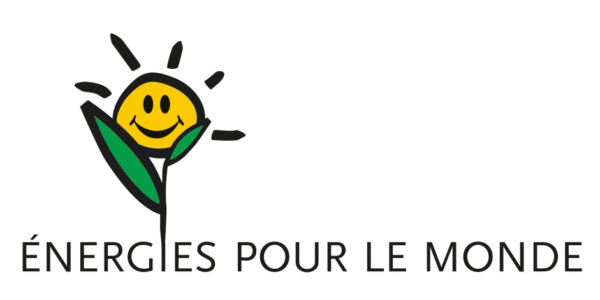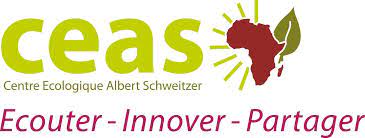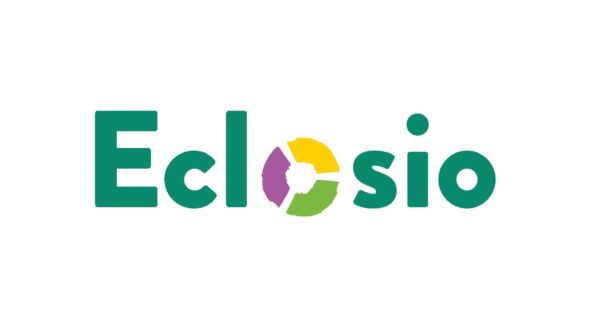KASOFOR
For over 30 years, Fondem has been promoting and developing access to electricity through renewable energies in order to improve the living conditions and incomes of rural populations.

Overview of the project
The island area of Kafountine in Senegal is suffering the full impact of climate change, making the living conditions of local communities more fragile: reduced agricultural production, salinisation of water, loss of biodiversity, etc. The consequences of this situation are food insecurity, emigration of young people and the depletion and over-exploitation of fish stocks and mangroves.
KASOFOR is an innovative international solidarity project in that it aims to work holistically on increasing people’s resilience in a sustainable way. It covers issues that are usually dealt with separately, but which are all crucial to resilience: protecting biodiversity, access to renewable energy and low-carbon mobility, and developing local governance and sustainable, inclusive economic activities. Fondem, an expert in electrification and rural development, set up the KASOFOR project in response to a request from local elected representatives, involving players with complementary expertise (the NGOs CEAS, an expert in local governance, and ECLOSIO, an expert in agro-ecology), and working closely with the public authorities.
The main actions of KASOFOR are 1) to strengthen the economic resilience of the area, by supporting the integration of women and young people into promising and sustainable local value chains, and by strengthening access to and management of essential services (water and electricity), and 2) to strengthen governance centred on the sustainable management of natural resources.
Contributing to a sustainable increase in people's resilience to climate change.
Ongoing research
01/11/2023 - 01/11/2026
KASOFOR will enable at least 150 young women and men to be trained and integrated into one of the previously identified promising value chains, benefiting from sustainable access to water and energy. In order to verify the efficiency of these results, Fondem will use as indicators the satisfaction rate of entrepreneurs regarding their use of resources. Soft mobility will be introduced in the area by electrifying the engines of 5 pirogues for fishing and inter-island transport.
In addition, the business models of 2 operators in charge of water and electricity services on the targeted islands will be perpetuated.
At least 5,000 people in the target localities will be made aware of the challenges of climate change and environmental protection.
KASOFOR will improve the sustainability and quality of the water and electricity supply. To achieve this, the actors and structures involved in infrastructure management will have their management skills enhanced through training.
KASOFOR aims to improve the resilience of local populations to the effects of climate change. The population of the islands will be made more aware of this issue through regular awareness-raising activities and training in the FAO’s SHARP tool, which enables citizens to assess for themselves the increase in their level of resilience. Raising the awareness of local populations will consolidate the commitment of island communities to resilience.
The KASOFOR project is currently being financed by AFD (Agence Française de Développement) and the Prince Albert II of Monaco Foundation.
organisation
For over 30 years, Fondem has been promoting and developing access to electricity through renewable energies in order to improve the living conditions and incomes of rural populations. It focuses most of its efforts where the need is greatest, in sub-Saharan Africa. Its knowledge of the field and its expertise in technical and social engineering make Fondem a key player in the field of rural solar electrification as a lever for development through various projects including: solar mini-centres, solar pumping, support for market gardening groups, support for micro-entrepreneurs in setting up income-generating activities and management of electronic and electrical solar waste.
in collaboration
To achieve greater impact, Fondem is working in consortium with two other NGOs with complementary skills to implement the KASOFOR project.
Eclosio has been active in Senegal since 2000. It works for a world in which current and future generations together exercise their right to live in dignity, in harmonious interaction with their environment. To achieve this, Eclosio supports vulnerable populations in: i) the agro-ecological transition; ii) socio-economic integration and civic engagement in the face of societal and climatic challenges.
This NGO is close to the University of Liège and occupies a privileged position that enables it to mobilise both the academic community and civil society. In this way, Eclosio encourages the pooling of the knowledge and skills of these different players in order to think, act and build together and with local partners, to meet the needs of the most vulnerable populations.
CEAS, a foundation established under Swiss law in 1980, works on the basis of a philosophy of “contributing to the fight against poverty by means that combine economy and ecology”. The NGO operates in the following sectors: food security, agro-processing techniques, sanitation and solid waste management, fisheries and renewable energy.




